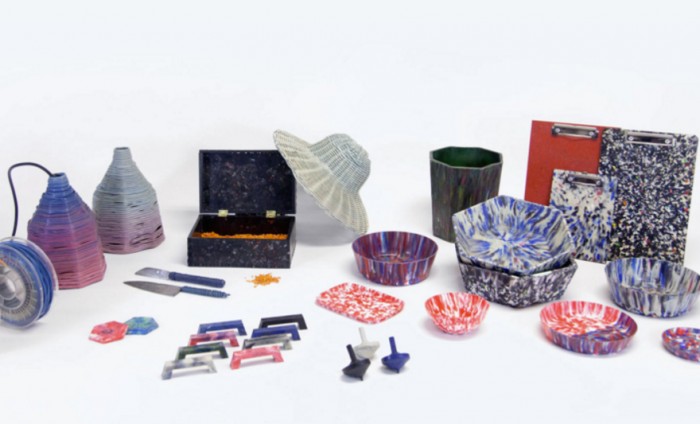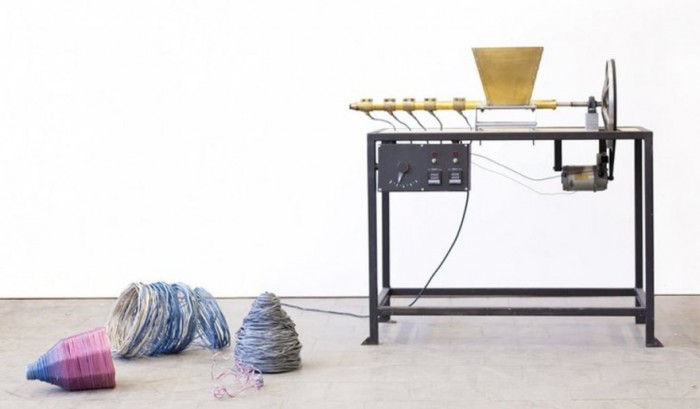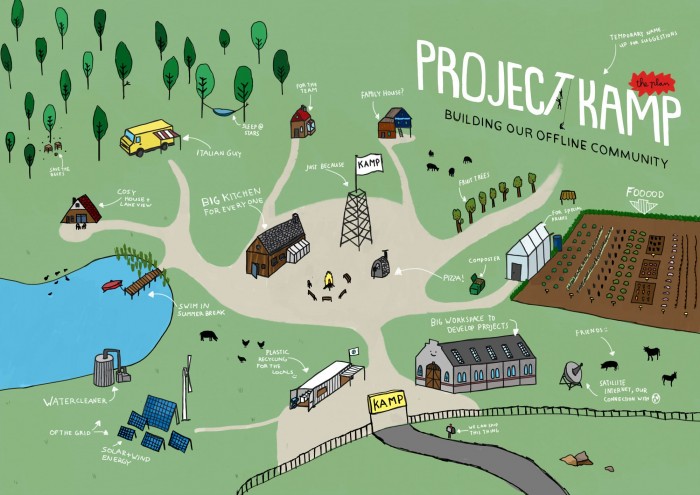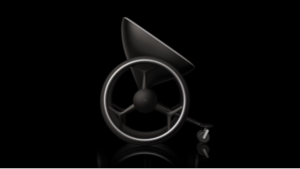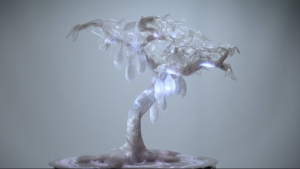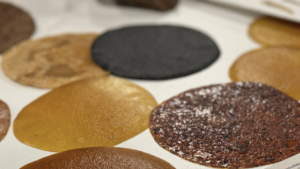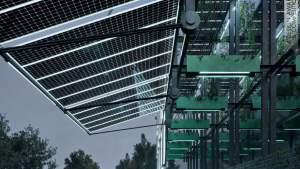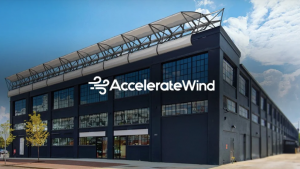Speaking at Design Indaba 2019, Dave Hakkens made it clear that for him, tackling the issues of waste has always been at the forefront of his designs.
One of his earlier projects, PhoneBloks, looked at how e-waste can be reduced by, instead of replacing an entire smartphone when it becomes outdated, one can simply replace and update the specific parts that require an update. Phonebloks was an attempt to get the industry to lean more toward modular thinking and reduce their e-waste.
The idea of waste still lingered in the mind of Hakkens. In looking for inspiration for his next project, he found himself interested in the alarming amount of plastic waste found on the planet. He says his interest in it was triggered when he heard that “less than 10% of all the plastic we use gets recycled…and we use millions of tons each year.”
When looking at the plastic waste, Hakkens recognised that when melted down, plastics are capable of being molded into something new. After some investigation, he noticed that mostly large industries are involved in the recycling of plastics.
However, he wanted to develop something where even the ordinary man on the ground could be involved in the reuse of plastic. The machines he designed would need the ability to be built all over the world and consist of parts and materials that can be found universally. This was when the Precious Plastics project was born.
After researching how basic machinery is built around the world and how they use the materials available to them, Hakkens built four machines: the injection machine, extrusion machine, shredder machine and a compressor. Using these four machines, users are able to shred, melt and mould plastics into something new. The machines allow one to make pretty much anything depending on the moulds used.
The blueprints for all of these machines are available online for users to download for free, making smart plastic recycling more accessible to everyone.
The goods people made from these plastics can be sold and turned into a source of income. Hakkens also set up an online market, where people could sell these moulds.
He also wanted to take the capitalistic approach out of his projects because "You sort of touch it on the surface but the underlying structure of the problem feels like it's unchanged".
His next project, Project Kamp therefore focuses on how to build an entire community that makes and is responsible for their own sustainable energy supply. By energy, he means food supply, building materials, clothing, electricity, etc. He says that "I think there's still so much to learn in this world and I think it is also needed for the next step of mankind."
Watch the full talk: <iframe width="898" height="495" src="https://www.youtube.com/embed/wPtN1eXUURM" frameborder="0" allow="accelerometer; autoplay; encrypted-media; gyroscope; picture-in-picture" allowfullscreen></iframe>
More talks from the Design Indaba conference:
David Droga on why he is still optimistic about advertising
Wanuri Kahiu on using film to talk about Africans as joyful and radiant


